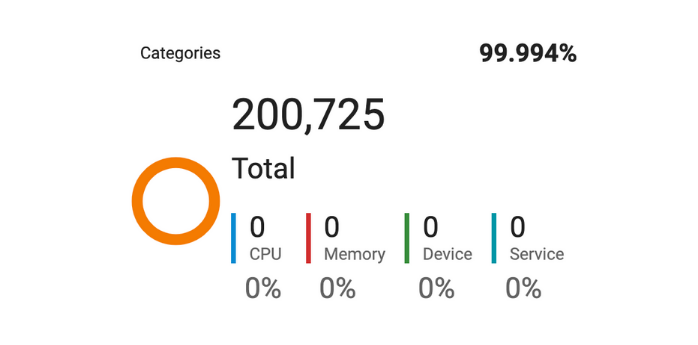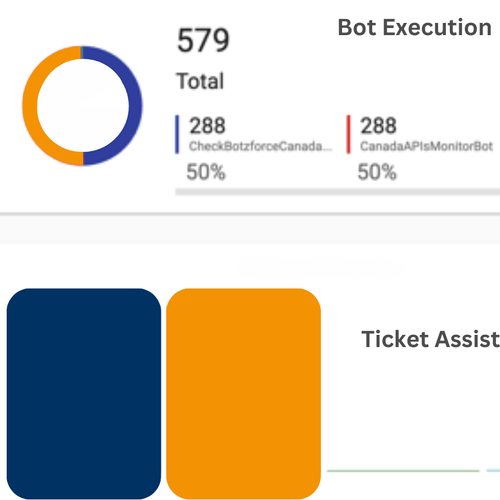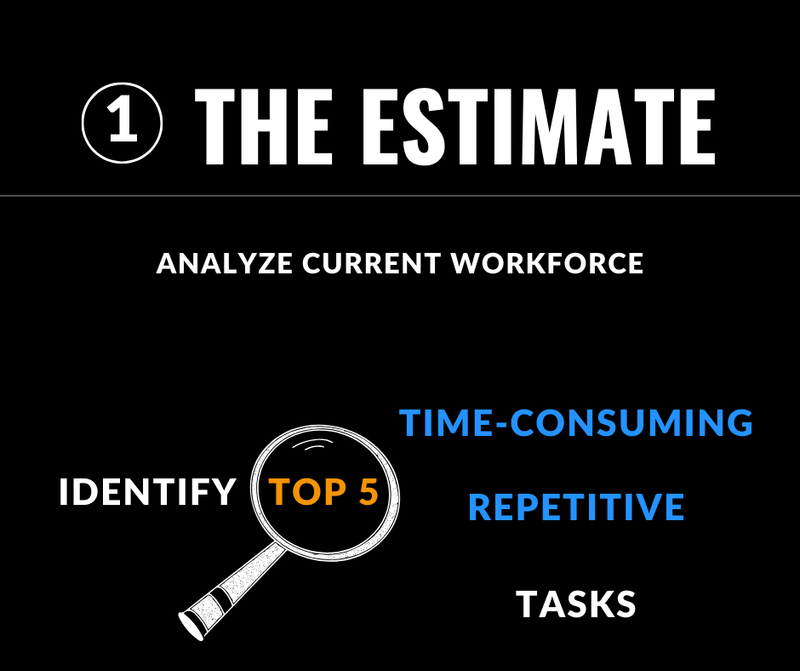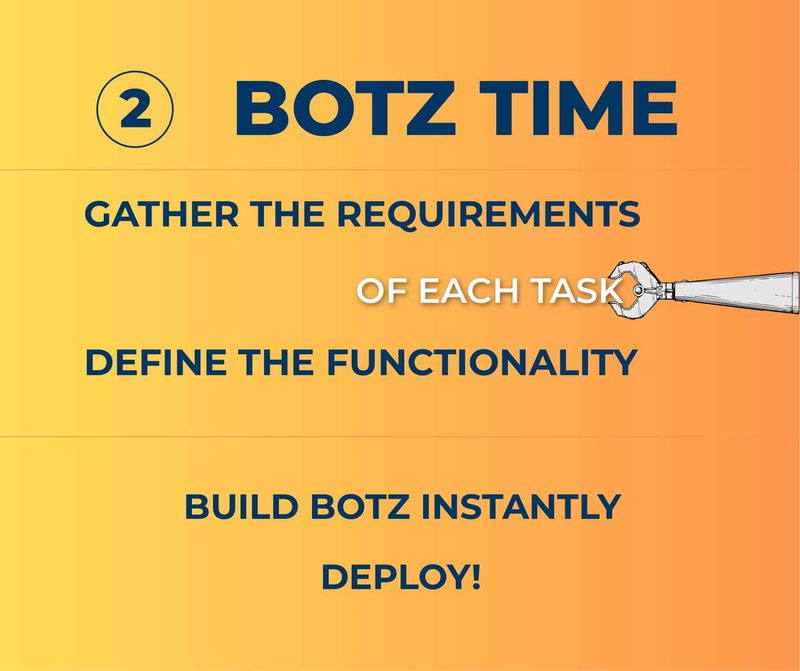Agentic AI at Scale
Run your business operations on autopilot. Resolve service tickets in real-time with AI & Automation leaving the grunt work for the bots.



Our Partners





Hyperautomate CX and ITOPS
Self-Service Automation,
Human-Like Conversations
Harness the power of Conversational AI

Integration
Seamlessly integrate 50+ IT tools for complete visibility in one platform.

Inbuilt Analytics
Continuously optimize bot performance with our built-in, real-time analytics.

Auto Remediation
Enhance remediation actions with Botzforce AI, our low-code platform.

Creating Intelligent, Agile, and Automated Enterprises
with Botzforce, our Low-Code AI Platform
Botforze enables enterprises to continuously automate business processes and operations effortlessly.
Hyperautomation
Leverage the Power of Data
and Automation
We’ve united experts in AI-driven processes and automation APIs, all within one ecosystem. Together, we’ve crafted the world’s most versatile hyperautomation platform.

Hyperautomate CX
Hyperautomate IT


Hyperautomate Content
Diverse problems, a unified solution
Cuber provides a suite of automation solutions. Streamline your helpdesk, embrace intelligent automation with AI and data analytics, and deliver instant answers with our automated solutions.
- Boost support with helpdesk automation
- Efficiency unleashed with intelligent automation
- Instant responses with automated answering



Flexible pricing plan
Explore our plans and pick the one that’s suitable for you.
Basic
$1000/montn
- Up to 5 concurrent users
- 10 hours one-time training
- 20 Bots
- 30 Days Data Retention
- 1-5 Number of Agents
- 9-5 Customer Support
- 1000 Credits per Month
Recommended
Standard
- Up to 30 concurrent users
- 30 hours one-time training
- 100 Bots
- 90 Days Data Retention
- 1-30 Number of Agents
- 9-5 Customer Support
- 6000 Credits per Month
Scale
Enterprise
- Unlimited concurrent users
- Dedicated account manager
- Unlimited Bots
- 365 Days Data Retention
- Unlimited number of Agents
- 24 x 7 Customer Support
- 20000 Credits per Month
testimonials
What Our Customers Say
Frequently Asked Questions
Haven’t found what you’re looking for?
Try the platform or Contact Us
Hyperautomation is a business-driven approach, integrating AI, ML, and RPA, automating diverse processes for increased efficiency, accuracy, and speed. Cuber’s hyperautomation bots are focused on solving enterprise-level problems thereby providing a better customer experience at scale.
Our hyperautomation bots work with multiple models including Generative AI covering different aspects of NLP, Text, Video, and Audio generation for incoming inquiries thereby providing 24/7 customer support as your extended team.
The cost of implementing Cuber’s hyperautomation solution varies depending on the complexity of tasks and automation requirements. Our customers have saved millions of dollars in overhead costs and also boosted customer inquiries by resolving tickets faster with live bots.
All the channels that are willingly connected to our platform will gather and track date upon your prior given approval. The data are solely at your disposal and they are not shared to any third party whatsoever.
We have a team of professionals that are available and in disposal to help you install the platform and help you get used to it.

